When we think of learning, generally, we think about our time at school and the process. There were history timelines and multiplication tables to memorize, proper punctuation and grammar usage to adhere to, periodic tables, and on and on. It was spoon-fed to us in a one-size-fits-all approach.
Well-intentioned, I’m sure, but people learn in various ways. Some learn through listening, others from observing, and still others. For concepts to really sink in, they need hands on experience you can’t get in books. But the quickest and most valuable lessons don’t come from these time-worn methods. No…We learn the most from our mistakes. And one of the things you’ll learn from this article is effectively handling towing customers when they feel out of control.
One mistake I made that included a real-world consequence was not knowing when to suck up a loss.
It was an overnight recovery on a 53-foot refrigerated trailer full of dairy products. It was being stored on a warehouse lot where the asphalt the trailer stood on had given way. One of the legs was completely buried, and the trailer was resting on one corner.
When my guys arrived, they strapped it and pulled it out of the hole, but the choice of strap was a mistake. In haste, they chose the lower-rated strap. It didn’t stand up to the load and broke, sending the trailer back to the ground. It was a horrible mistake that could have resulted in a much worse outcome…and clearly our fault.
The next morning I received a call from the dairy company asking how we were going to pay for the damages.
As an aside: (This is one of the largest dairy companies in our area, been around for almost 90 years. They have dozens of trucks and supply us with loads of work, so my goal was to keep them happy.)
I assumed the damages were limited to the trailer hitting the ground when the strap broke, but I quickly learned that they expected us to pay for damages to the products on the trailer. They were suggesting that due to the impact of the trailer landing on the lot, which they considered our mistake, hundreds of gallons of milk and other items had been compromised.
I wasn’t aware of any spillage, so I told the company representative that I would have to talk with my tow truck operators and get back to him.
A discussion with my guys resulted in their denial of causing the mess. They provided photographs taken before they even touched the trailer, and the images clearly showed that there was spillage before they arrived. One of the guys described it as “…walking around in some sort of white/mucus-like substance,”
I took what they provided at face value and now had a decision to make.
To some of you, smarter than I, deciding what to do in this situation might be easy. Suck up the loss and drive-on. Why would you bite the hand that feeds you? And, in hindsight, you are right…I should have accepted it as a cost of doing business. But I didn’t.
I believed my guys were telling the truth. I believed the photos were legit, taken before they started, as is our standard practice. But what’s worse—my lizard brain reacted out of paranoia.
Slowly, suspicion began to creep into my mind, and I started to think the dairy company was using the leverage they had over my company to get us to pay for their mistake. It was their lot that had given way, and I had successfully deluded myself into believing we had definitive proof that the initial impact caused the bulk of the damage. But what did it matter if I was right?
Did I think I was David and they Goliath and I was going to bring them down? Did I believe the principal of the thing mattered more than the business I received from this company? Well…That’s the only answer I can come up with because when I called the company representative back, I told him we were only partially responsible.
Well, my response didn’t sit well with him or the company, and in the end, I was left crying over spilled milk. I lost a huge account.
Rather than hanging a lantern on our company’s mistake, and squabbling over peanuts, I should have apologized and accepted full responsibility. A lesson I learned the hard way and one I will never forget.
When Sharing Mistakes Everyone Wins
Say you get up in the middle of the night to get a drink of water. You’re walking through the living room, it’s pitch-black, you can’t see a thing, and you whack your shin on the coffee table. Ouch!
Do you continue doing the same thing night after night until you slowly come to the realization that you might need to make a change? No. You flip on a light the next time.
We are all conditioned to either continue doing something or stop doing it based upon the consequences of our actions. Getting an A on your math test got you respect and congratulations from teachers, parents, and other students. But get an F, and it’s quite a different picture.
As a result of that bad mark, you have a choice, either work harder on getting an A next time or avoid it altogether. Regardless of your decision, the consequences are still a lesson learned.
Do you remember thinking as a kid, “I can’t wait until I’m an adult…I’ll be able to do whatever I want because I’ll know everything?”
Back then, we assumed that once we attained the lofty status of adult, we were golden, no more pencils, no more books. But now, because of that thinking, many of us as adults believe we’ve got to keep up the charade. We think we should know everything by now, and if we don’t, it’s due to some sort of flaw in our make-up and, therefore, must remain a secret.
Others Benefit From Sharing Mistakes
This attitude is unfortunate because the second-best way to learn something is through the mistakes of others. Some may argue that this is the best way to learn because it’s not happening to you, you’re not the one whacking your shins. But as anyone who’s ever attempted to steer a troubled teen down the right path can attest, if you’re not feeling the pain yourself, it’s not as valuable of a learning experience.
As adults, if we’ve got our egos in check, we can learn from the mistakes of others and apply what they’ve learned, the hard way, to our own lives. But due to the masks many of us wear, these opportunities are limited.
How many times have you made the wrong choice when dealing with a disgruntled customer? Or allowed a toxic employee to stay on too long because you “needed” him or her? What about not taking responsibility for your mistakes or the mistakes of your employees? These all have one thing in common, real-world consequences. But good can be harvested from mistakes. If you share what you’ve learned, there’s a chance others can avoid making the same mistakes.
So, if you’ve made colossal, whopper mistakes, as I have, or even tiny errors that you believe others will gain value from, please share them here. The Tow Academy is a community of towers helping towers, and anything you can do to lift up the industry will benefit everyone in the end. I ask that you take the time to share your comments below. Thank You.

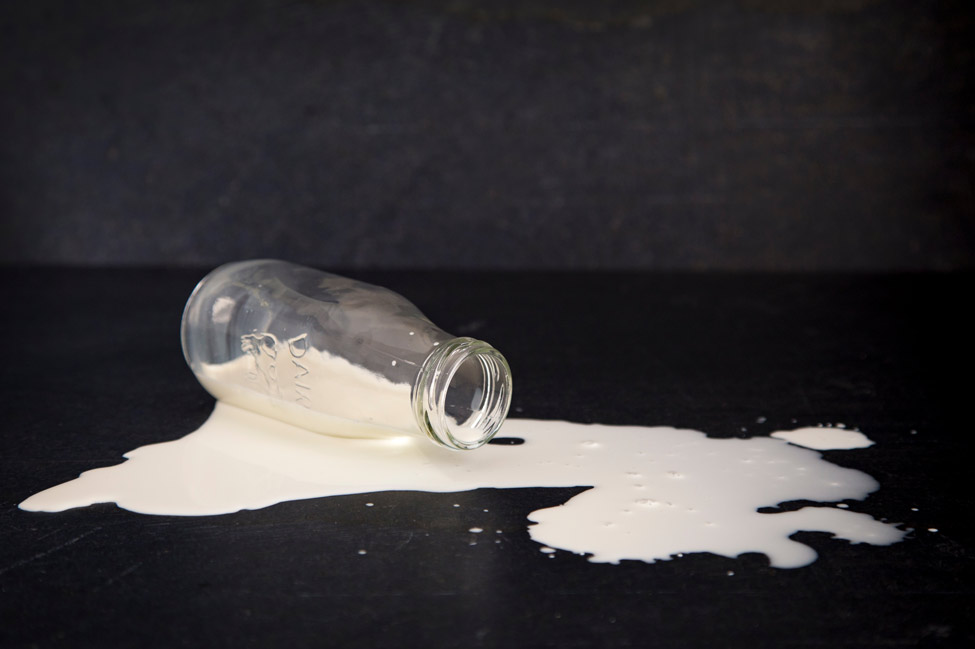

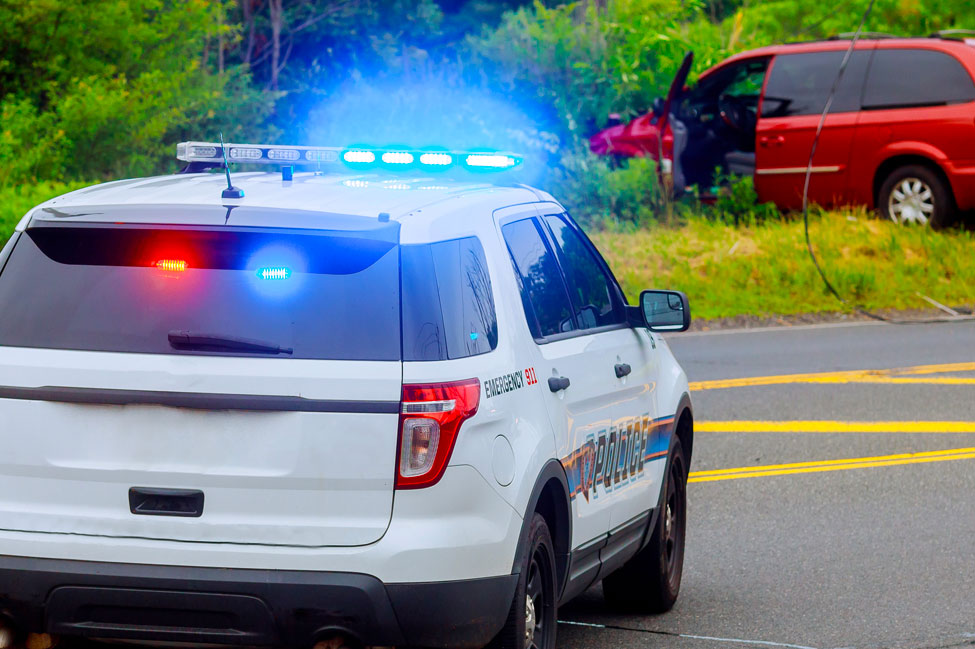
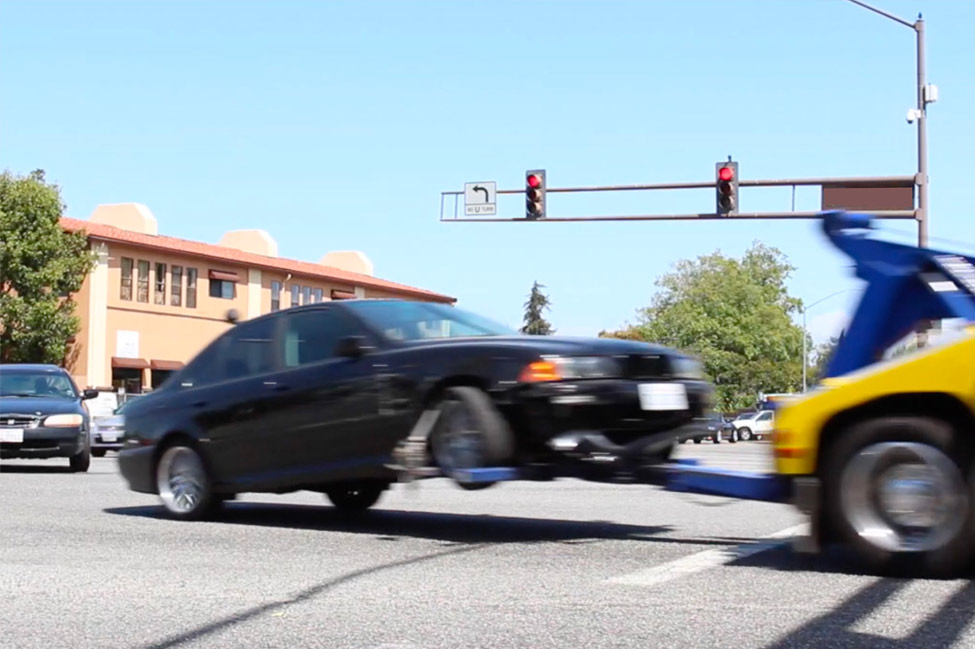
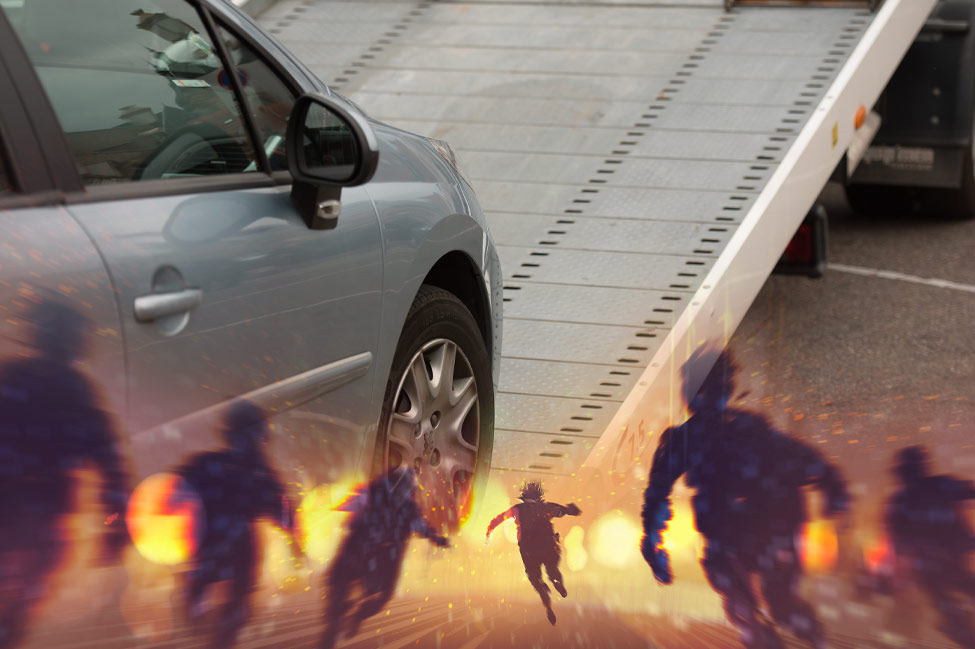
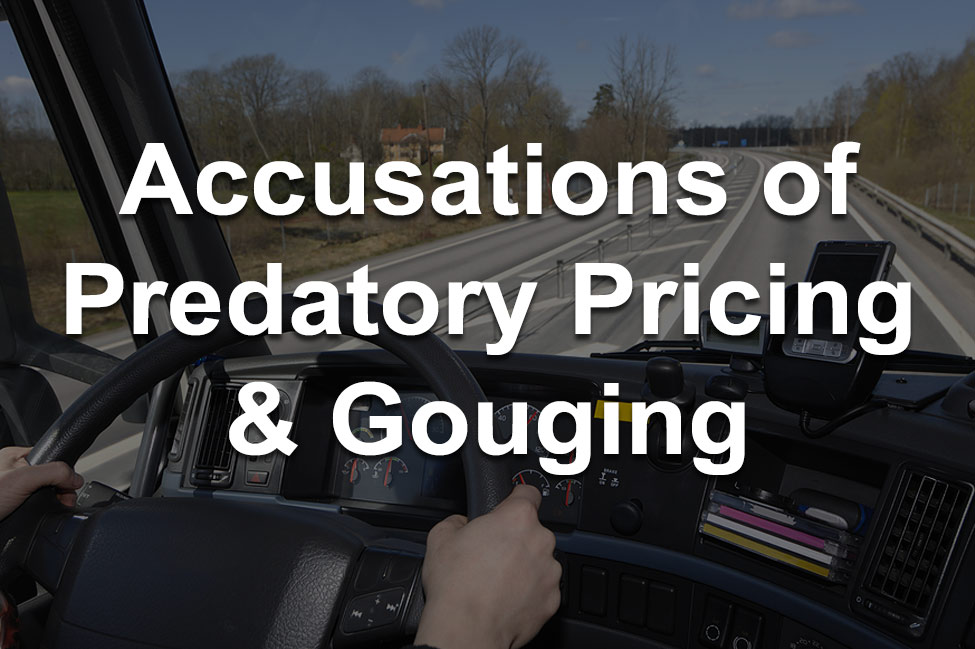
AWESOME ! When acquisitioning a domain name for my envisioned website I did not research how to do it, thus not foreseeing some of the pitfalls and decisions that lay ahead possibly losing the names to some predacious company that may scoop it up and try to sell it back to me for some unreasonable mark up. A friend of mine happened to have made the same mistake as I and was offered the domain name back for $1,000. I’ve heard you can get them for free but and old boss told me one time, “we dont get paid for what we do but what we know.” I can see his point but there is something to be said for not taking advantage of people already, most times while starting a business on this scale, in confusing and awkward stages.
Love that story, My Grandfather called that stepping over a dollar to pick up a nickle. Which neither will by you a quart of milk in today’s economy